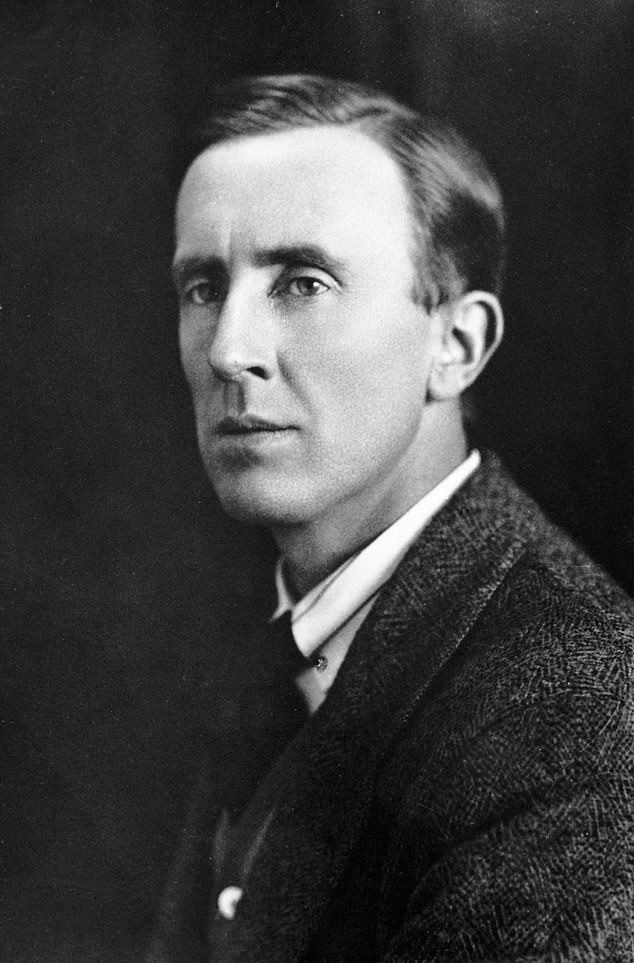“When around one everything has become silent, solemn as a clear, starlit night, when the soul comes to be alone in the whole world, then before one there appears, not an extraordinary human being, but the eternal power itself, then the heavens open, and the I chooses itself or, more correctly, receives itself. Then the personality receives the accolade of knighthood that ennobles it for an eternity.”
Either/Or part II p. 177
Soren Kierkegaard’s description of the knight of faith will be evocative for anyone familiar with the path to gnosis outlined by Tomberg, Mouravieff, and others. Through quieting the emotions, the passions, one becomes as a mirror ready to reflect the Will of Him above and ready to hear the Word of God in the silence of the heart. For Kierkegaard he describes it as one who has transformed his personality through a noble asceticism, receiving his “I” as “the accolade of knighthood”. Can we not see this too in St Bernard of Clairvaux, the Desert Fathers, St John Henry Newman, and many more besides?
“The knight of faith is the only happy man, the heir to the finite while the knight of resignation is a stranger and an alien.”
Fear and Trembling, Hong p. 50

So too in the modern world, those without faith – without insight – are among the growing numbers of those with mental health issues. Cut off from God, from a certain sense of self, they are adrift upon the sea of iniquity. It is their belief that they have freedom by denying divinity, where really the man who says “not my will, but Thy will be done” has true freedom; this Tomberg alludes to in his work Covenant of the Heart. He asks: “What is an act of faith?” Kierkegaard, as the first quote above suggests, would be inclined to answer that one has to take a leap of faith to receive the insight and thus would be convinced when one does so in the conscious act itself. Hence his use of Abraham and Isaac in depicting the knight of faith.
The question “what is an act of faith?” like the dilemma of Abraham or the mystery of the Incarnation, the Word made flesh, in the quiet of Nazareth long ago are not something to solve, rather they are profound moments for meditation. We should be struck by them, as one is when one hits their head on a windowpane, for they are after all right there in front of us but we do not see them. We may hear the words of the Masters voice but are we His sheep? Do we hear His voice?
Postscript
The Patrons of Europe
Ss. Benedict of Nursia, Cyril and Methodius, Bridget of Sweden, Catherine of Siena, and Edith Stein (Teresa Benedicta of the Cross) are considered patrons of Europe. Benedict is the main patron saint, while the others are considered co-patrons. In addition, it is believed the whole continent was granted protection under Our Lady of Europe in the 14th Century. Which politicians today recognise this? What if we recognised this in ourselves first?







